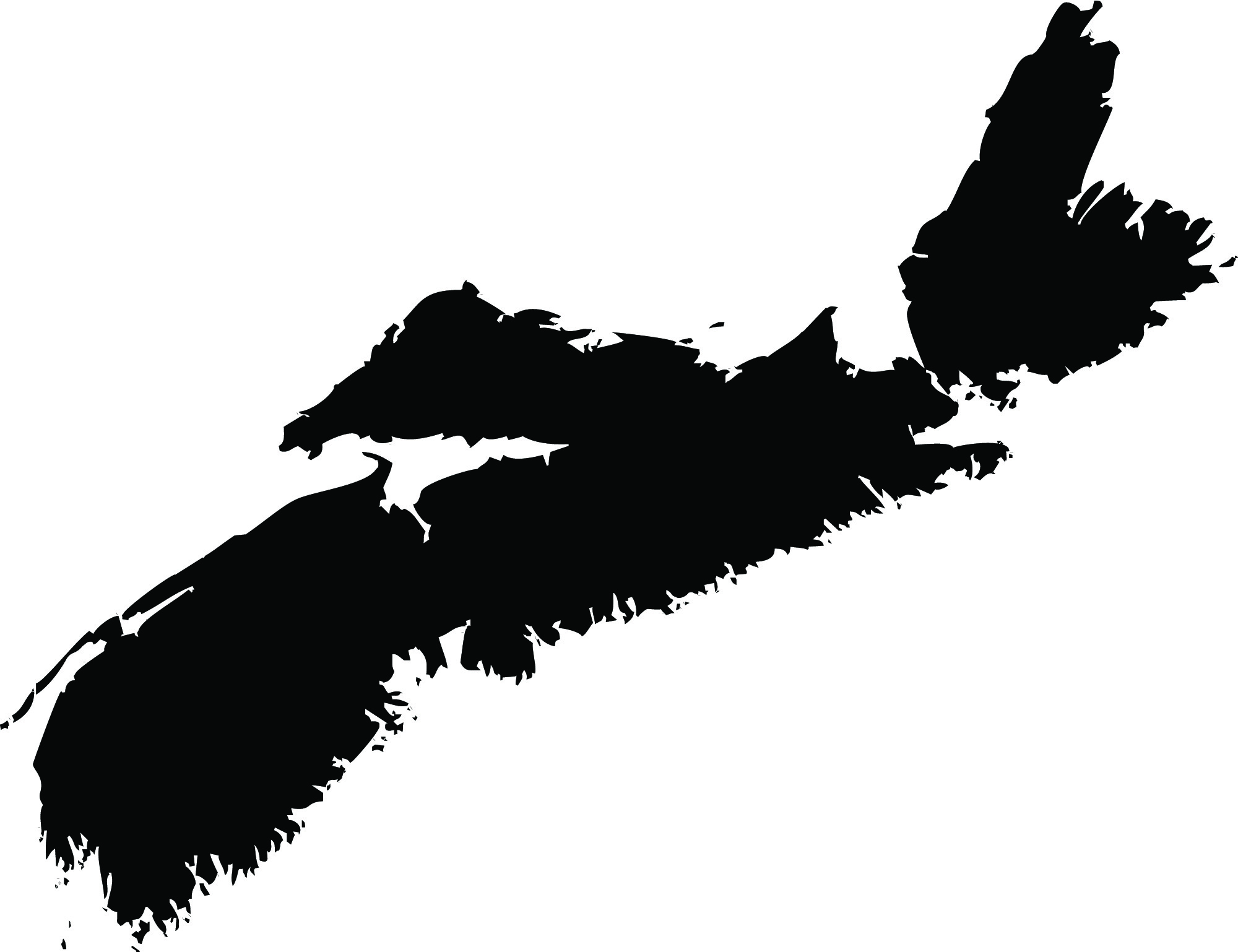Nova Scotia Duck Tolling Retrievers
No products found which match your selection.
Shelter Dog Meal Donation Count:
No products found which match your selection.
These dogs are known for their unique ability to “toll” or lure waterfowl within shooting range, an intriguing aspect of their behavior and history.
The Nova Scotia Duck Tolling Retriever is the smallest of the retrievers and was bred primarily for hunting. It is often mistaken for a small Golden Retriever. Tollers are known for their ability to lure waterfowl within gunshot range, known as “tolling.”
Originating from Nova Scotia, Canada, the Toller was bred in the early 19th century. The breed was developed to toll (or lure) ducks and geese within range of the hunters by playing along the shoreline. This unique method of hunting is where they got their name.

While generally healthy, Tollers are prone to certain genetic conditions such as hip dysplasia, progressive retinal atrophy, and autoimmune thyroiditis. Regular vet check-ups and attention to any signs of discomfort are crucial.
Their coat requires regular brushing to prevent matting and manage shedding. During shedding seasons, more frequent grooming is necessary. Regular ear cleaning and nail trimming are also important.
This breed requires a lot of exercise. Daily activities such as long walks, runs, or fetch games are essential to keep them physically and mentally stimulated.
Tollers are intelligent and learn quickly. Positive reinforcement techniques work best. Early socialization and obedience training are recommended.
A well-balanced diet suitable for their age, size, and activity level is important. Regular meals rather than free feeding are advisable to maintain their optimal weight.
Nova Scotia Duck Tolling Retriever is a versatile, affectionate, and intelligent breed, perfect for those who can match their vibrant energy and zest for life. With proper care, training, and love, a Toller can be a wonderful addition to any family.
Like all dog breeds, the Nova Scotia Duck Tolling Retriever is prone to certain health issues. Prospective and current owners need to be aware of these potential health problems and the recommended tests to identify them early.
Owners must work closely with a veterinarian to schedule and perform these tests, especially if they are planning to breed their dogs. Early detection and management of these health issues can significantly improve the quality of life for Nova Scotia Duck Tolling Retrievers. Regular check-ups, a balanced diet, and an active lifestyle also play a significant role in maintaining their health.
The iHeartDogs Free Rx Discount Card Program is a pet prescription discount card that can help you save money on your furry friend’s medications. The card is free to sign up for, and you can use it at participating pharmacies nationwide. To use the free program, simply show the card to your pharmacist when you pick up your pet’s prescription. The pharmacist will then scan the card, and you will receive a discount on the price of the medication.LEARN MORE
The annual cost of caring for a Nova Scotia Duck Tolling Retriever can vary significantly depending on various factors such as location, the individual needs of the dog, and the level of care you choose to provide. Here’s a breakdown of the typical expenses:
Total Estimated Annual Cost:
$2555 - $6990
It's important to note that these figures are estimates and can vary. Also, the first year of owning a dog can be more expensive due to one-time costs like spaying/neutering, initial vaccinations, and training. Regular budgeting for your dog's needs and an emergency fund for unforeseen costs are essential for responsible pet ownership.